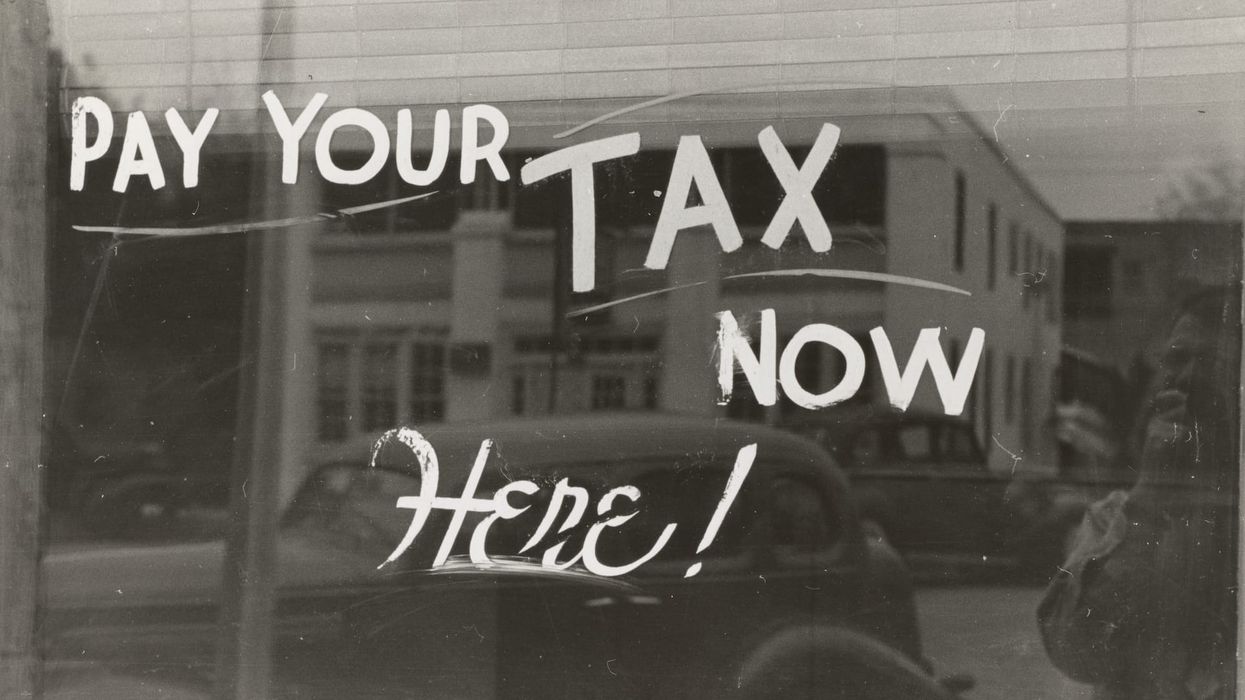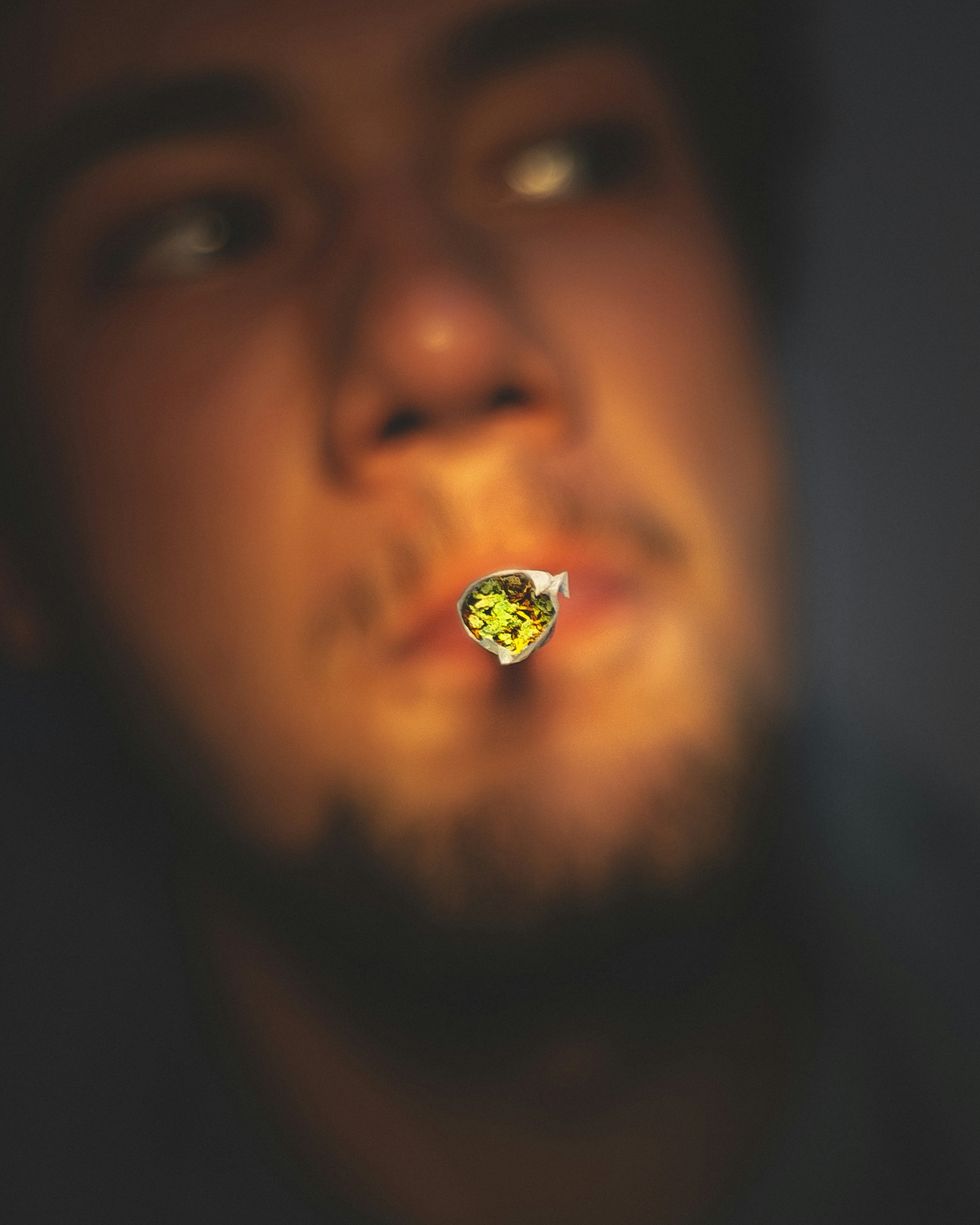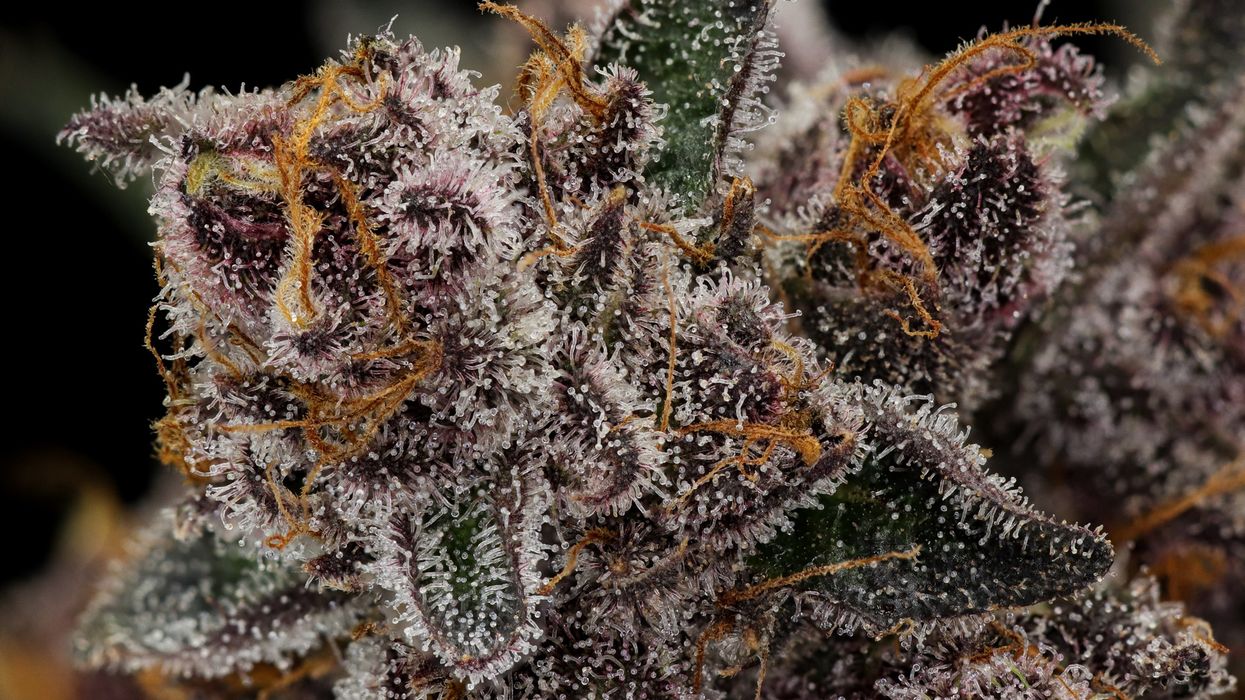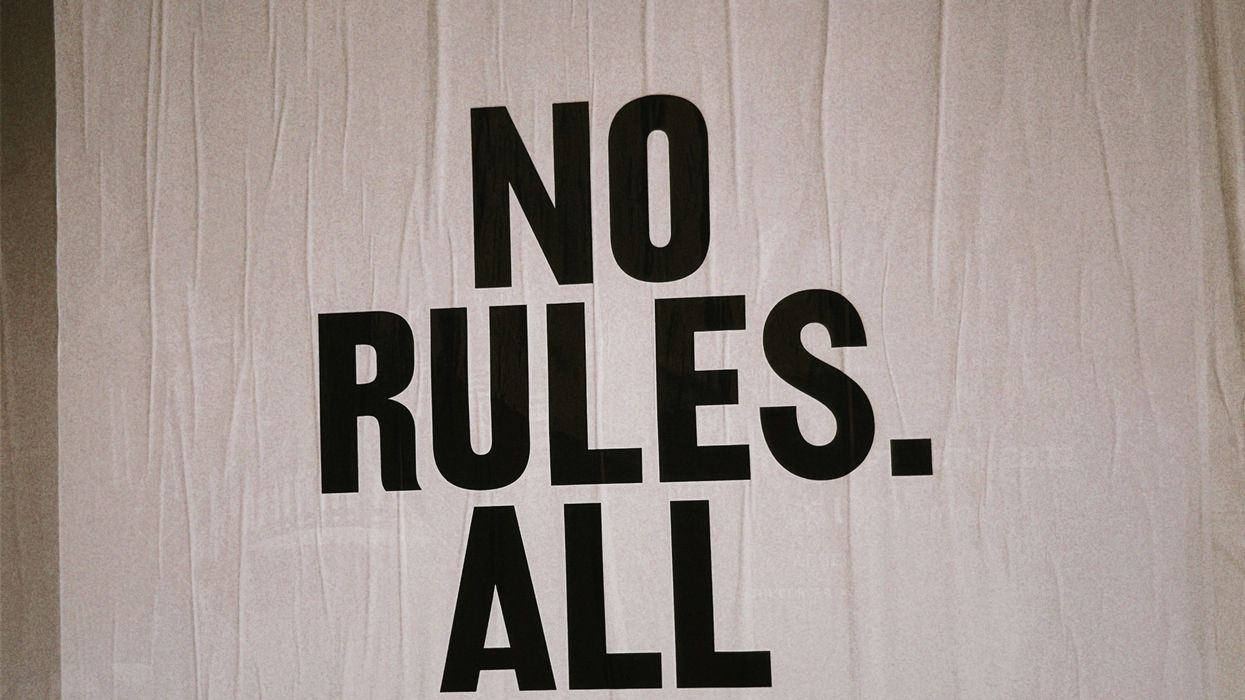Lawmakers in New York State are advocating for changes to the way cannabis is taxed in the state, in response to concerns about equity and the potential impact on consumers. Proposed changes to the taxation system could help ensure that legal cannabis is affordable and accessible for everyone, while also generating revenue for the state.
Under the current system, cannabis is taxed based on its weight, with a $1 tax per gram of flower, $0.25 per gram of trim, and $0.14 per milligram of THC in edibles. While this system is designed to generate revenue for the state, some lawmakers and advocates argue that it could disproportionately impact low-income consumers and those who rely on cannabis for medical purposes.
In response to these concerns, lawmakers have introduced a new bill, S. 4831, that would create a tiered taxation system based on the potency of the cannabis product. Under this system, there are taxes based on THC content, specifically:
- five-tenths of one cent (.005) per milligram of the amount of total THC for cannabis flower
- eight-tenths of one cent (.008) per milligram of the amount of total THC for concentrated cannabis
- three cents (.03) per milligram of the amount of total THC for cannabis edible product
The sales tax, which is currently at 9 percent, would increase to 16 percent. This 16 percent tax would occur during the sale of marijuana to a customer by a retail business. The tax would be on top of any other taxes,
The proposed legislation would also eliminate the current tax on trim and edibles, and would establish a new tax on concentrates, such as oils and waxes, which are currently not taxed under the existing system.
Advocates of the new bill argue that it would help make legal cannabis more affordable and accessible for all New Yorkers, particularly those who rely on it for medical purposes. They also argue that a tiered taxation system would promote equity by ensuring that those who can afford higher-potency products pay a larger share of the taxes.
Critics of the revised bill, however, argue that it could reduce revenue for the state, as higher-potency products tend to be more expensive and therefore generate more tax revenue under the current system. They also argue that a tiered taxation system could be difficult to implement and enforce, and could lead to confusion among consumers and retailers.
Despite these concerns, lawmakers are optimistic about the potential impact of the proposed changes. NY State Assembly Majority Leader Crystal Peoples-Stokes and NY State Sen. Jeremy Cooney, who introduced the bill, said that they believes the new system would be fairer and more equitable for all New Yorkers, while also generating revenue for the state.
Senator Cooney stated that in order to achieve the objective of establishing the most diverse and inclusive cannabis industry in the country, it is crucial to establish a conducive atmosphere that enables small enterprises and social equity operators to prosper. Swapping the potency tax for a higher excise tax will provide an opportunity for these licensed businesses to market their products at a competitive price, which would make them less vulnerable to being outpriced by the illicit market. The revenues generated can then be invested in beneficial community programs.
The bill is currently being considered by the New York State Senate, and if it is passed, it could help shape the future of cannabis taxation in the state. With the legalization of recreational cannabis set to take effect in just a few months, the stakes are high for lawmakers and advocates who are working to ensure that the new industry is equitable, accessible, and profitable for all.







 High-THC Weed Explored - The Bluntness Photo by
High-THC Weed Explored - The Bluntness Photo by  High-THC Weed Explored - The Bluntness Photo by
High-THC Weed Explored - The Bluntness Photo by  High-THC Weed Explored - The Bluntness Photo by Maria Fernanda Pissioli on Unsplash
High-THC Weed Explored - The Bluntness Photo by Maria Fernanda Pissioli on Unsplash 







 The Dominoes Are Falling Nationwide as Federal Prohibition Ends
The Dominoes Are Falling Nationwide as Federal Prohibition Ends
